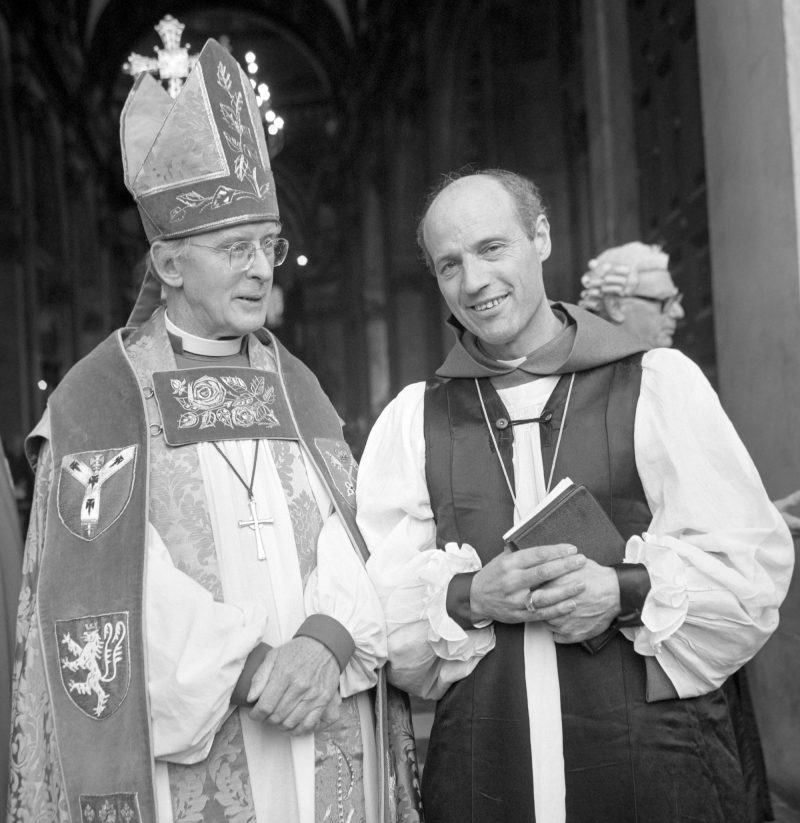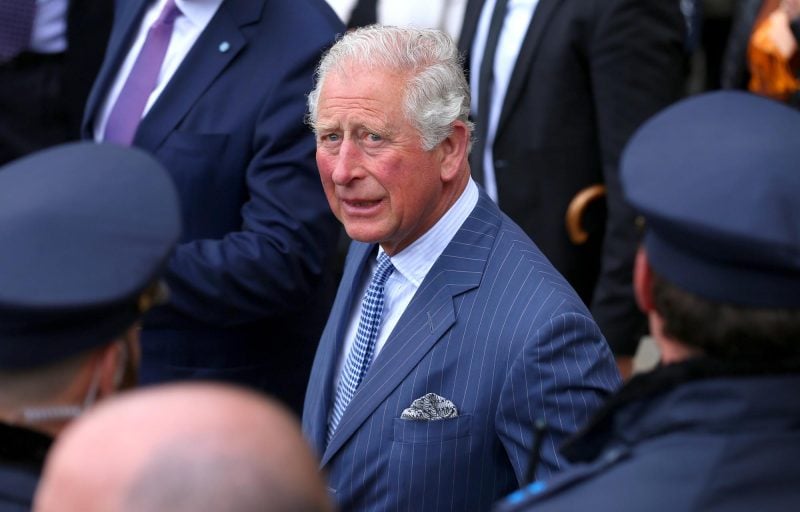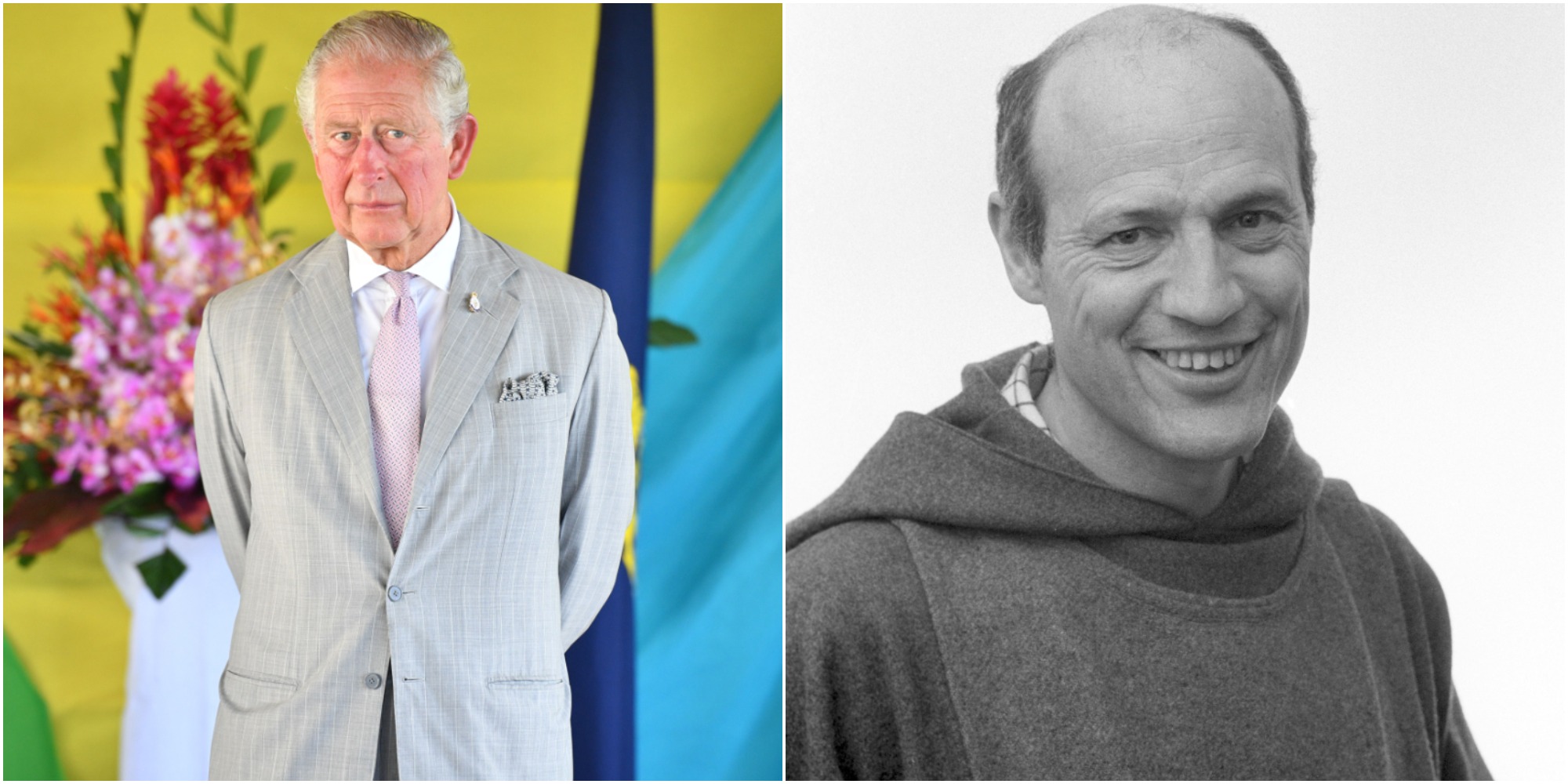- Months before Prince Andrew became wrapped up in the Jeffrey Epstein scandal, his older brother Charles was criticized for supporting another sex offender, former Church of England bishop Peter Ball.
- The second part of “Exposed: The Church’s Darkest Secret,” a two-part docu-series on Ball’s case, is set to air on the BBC Tuesday night.
- A report into the handling of the case was published last year, and found that Prince Charles’ friendship with Ball was “misguided” and could have been interpreted as trying to lobby in Balls’ favor.
- Visit Insider’s homepage for more stories.
In July 2019, Jeffrey Epstein was arrested and charged with sex trafficking, renewing criticisms against Prince Andrew for his friendship with the convicted sex offender. After giving a car-crash interview about Epstein in November, Prince Andrew was forced out of public life, with reports at the time saying that his older brother Prince Charles was a key player in that decision.
But what some may not know is that Charles himself also has a problematic history with another sex offender, Peter Ball, the former Bishop of Lewes and Gloucester, who was convicted in 2015 of sexually abusing 18 teens and young men.
Just two months before Epstein’s arrest, an independent review of the Ball case was published, and criticized Charles for his “misguided” relationship with the serial sex-abuser.
The BBC is in the middle of airing a two-part docu-series on the case, “Exposed: The Church’s Darkest Secret.” The second episode airs Tuesday night.
A serial abuser in the Church of England
The first police investigation into Ball, who died in June at the age of 87, was launched in 1992 when a monk training under him in Gloucester accused the cleric of several lewd acts including watching him shower, embracing him naked, and threatening to beat him. He said the indecent behavior started when he was 17.

While investigators felt they had enough evidence to bring the case to trial, it was ultimately decided that Ball would get a "police caution" for gross indecency instead, meaning he admitted to the charge and it would be on his criminal record. The report into Ball's case found that one of the detectives working on the case was worried about the case going to trial due to Ball's mental state and the "devastating effect" it could have on the Church of England.
There was also an understanding that Ball would resign from his post, which he did. But just four months later, the then-Archbishop of Canterbury, George Carey, wrote to Ball about planning his "cautious return to ministry." Less than two years later, he was back to work with "no restrictions" - and was even allowed to be around children and young people unsupervised.
A second police investigation was launched in 2012, which resulted in Ball pleading guilty three years later to misconduct in public office and indecent assault, admitting to abusing a total of 18 teens and young men over a period of 15 years. He was released from prison in February 2017, after serving half of his 32-month sentence.
Prince Charles' controversial support of a disgraced bishop
The scandal involving Prince Charles deals with what the prince's relationship with Ball between the first police investigation and Ball being reinstated in the church.
Prince Charles was among the many influential people in the UK that Ball formed friendships with, including Margaret Thatcher, senior judges, and headmasters at private schools, according to The Guardian.
He also is said to have often preached at Sandringham, one of the royal family's private estates.
In August 1994, Prince Charles sent his private secretary to Lambeth Palace to inquire about Ball's status to the archbishop's top aide.

When he learned that Ball had still not been cleared to return to ministry in February 1995, he wrote to Ball saying "I wish I could do more."
"I feel so desperately strongly about the monstrous wrongs that have been done to you and the way you have been treated. It's appalling that the archbishop has gone back on what he told me, before Xmas, that he was hoping to restore you to some kind of ministry in the church. I suspect you are absolutely right - it is due to fear of the media," Charles wrote, in one of the many letters exchanged during their two-decade correspondence.
He even bought Ball a house to live in, using the Duchy of Cornwall to purchase the property and then renting it out to Ball and his twin brother from 1995 to 2011.
An independent inquiry criticizes the Prince of Wales
After Ball's conviction, an independent inquiry into child abuse was launched into how the case was handled.
Prince Charles submitted a letter to the inquiry saying he had been deceived for a long time "about the true nature" of Ball, and denied trying to influence the outcome of the investigation.
When the panel published their report in May, they said "the actions of the Prince of Wales were misguided" and he should have been aware what voicing his opinion would have on Ball's career.
"His actions, and those of his staff, could have been interpreted as expressions of support for Peter Ball and, given the Prince of Wales' future role within the Church of England, had the potential to influence the actions of the Church," the report stated.
While Prince Charles said he "took no position on Peter Ball's return to ministry, he and his private secretary enquired about Peter Ball within Lambeth Palace. He should have recognized the potential effect that his apparent support for Peter Ball could have had upon decision-making within Lambeth Palace," the report added.
- Read more:
- Legal experts explain how Prince Andrew could be forced to cooperate in the Jeffrey Epstein case
- A British socialite who stayed at Jeffrey Epstein's apartment says she felt like she 'was being watched' by 'hidden cameras' during her visit
- Prince Charles could take away the millions of dollars he gives to Prince Harry and Meghan Markle if they pull back too much from royal duties
- A rare royal portrait shows Queen Elizabeth II and three generations of heirs: Prince Charles, Prince William, and Prince George
